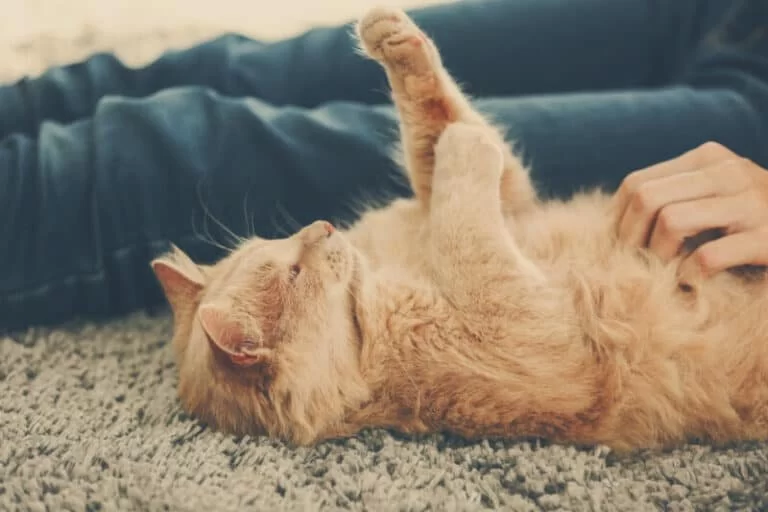- 1 - Understanding Why Cats Paw at Their Face or Eyes
- 2 - Common Causes of Frequent Pawing
- 3 - Potential Health Risks if Left Untreated
- 4 - Diagnosis and Treatment Options
- 5 - Home Care Tips for Eye and Face Irritation
- 6 - Real Cat Owner Experiences and Vet Insights
1. Understanding Why Cats Paw at Their Face or Eyes
When a cat is pawing at their face or eyes frequently, it’s usually a sign that something is irritating them. This behavior may seem cute at first, but it can be an indication of underlying issues such as allergies, debris, infections, or even more serious eye conditions. Cats are naturally clean animals, so when they repeatedly touch their face, it’s often their way of trying to remove discomfort or foreign objects.
2. Common Causes of Frequent Pawing
There are multiple reasons a cat might develop this habit. Some of the most common include:
Eye Irritation from Dust or Debris: Cats that explore outdoors may get small particles trapped in their eyes, prompting them to paw at the area in an attempt to dislodge it.
Allergies: Seasonal pollen, household cleaning agents, or certain cat litters can cause itchy eyes and facial discomfort.
Infections: Conjunctivitis, or “pink eye,” can lead to excessive tearing, swelling, and an urge to scratch.
Injury or Scratches: Minor injuries from play fights or accidents can cause irritation, leading to pawing.
3. Potential Health Risks if Left Untreated
If your cat’s pawing is persistent and the cause isn’t addressed, it can lead to secondary issues. Constant scratching can damage the delicate tissues around the eyes, potentially leading to ulcers or worsening infections. Additionally, an untreated underlying condition—like a corneal injury—can escalate into long-term vision problems.
Seeking prompt veterinary attention from a clinic such as Hidden Brook Veterinary can prevent these risks and ensure your cat receives proper treatment.
4. Diagnosis and Treatment Options
When you take your cat to the vet, they will typically conduct a thorough eye examination, sometimes using special dyes to detect scratches or ulcers. If allergies are suspected, a change in diet or environment might be recommended. Bacterial or viral infections often require medicated eye drops or ointments. For debris-related irritation, gentle flushing of the eye may be performed to remove the foreign matter.
5. Home Care Tips for Eye and Face Irritation
While veterinary care is essential for serious cases, mild irritation can sometimes be managed at home under professional guidance. Keep your cat’s environment clean and free from dust. Ensure litter boxes are placed in well-ventilated areas to minimize airborne particles. Avoid using strong-scented cleaning products where your cat spends time. You can also gently wipe away discharge with a damp, soft cloth—always using a separate cloth for each eye to prevent cross-contamination.
6. Real Cat Owner Experiences and Vet Insights
One Maine Coon owner noticed her cat constantly pawing at his eyes during springtime. After consulting a vet, it was discovered that seasonal pollen was the culprit. With a few environmental adjustments and an allergy-friendly litter, the behavior decreased significantly. Another pet parent found that their indoor cat had a small scratch from rough play, which healed quickly after receiving medicated eye drops.
Veterinarians emphasize that while occasional pawing may be harmless, frequent or intense scratching should always be evaluated. Your cat’s eyes are delicate, and early intervention can make a huge difference in recovery and comfort.










